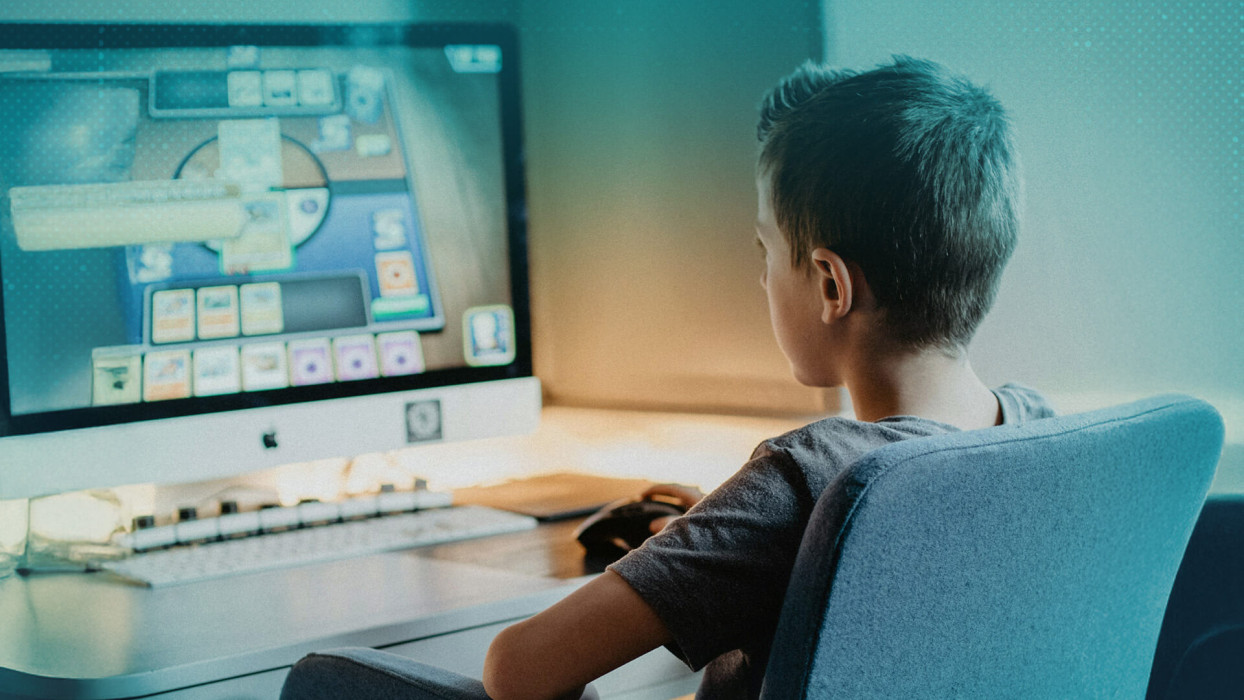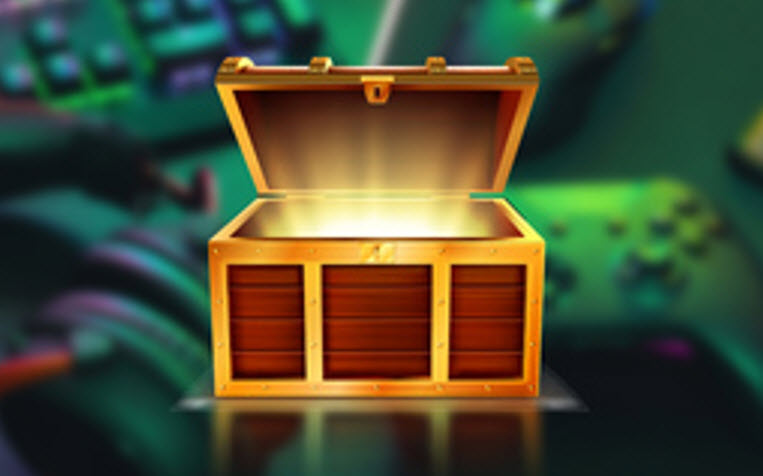The digital treasure chests and different casino-like rewards inside your kids’s video games might pose dangers you shouldn’t play down
13 Feb 2025
•
,
5 min. learn

Traditionally, many video video games adopted an easy financial mannequin: pay as soon as, play eternally. Nowadays, nonetheless, buying a recreation is commonly only the start. On the similar time, trendy gaming has more and more embraced free-to-play ecosystems, the place gamers get entry to the bottom recreation without charge, however are continuously nudged to spend cash on in-game gadgets within the hope that these extras will pace up their progress, present aggressive benefits, or improve their gaming expertise.
Enter loot bins, pores and skin betting, and different microtransactions which have turn into a controversial function of many video video games. However whereas the strains between leisure and playing have turn into blurry, the results are coming into focus. As soon as dismissed as a distinct segment concern, sealed thriller bins and different chance-driven, casino-like rewards at the moment are acknowledged as potential contributors to playing habit amongst kids and teenagers, lots of whom don’t even understand they’re playing.
In the meantime, the wheels of regulation flip fairly slowly. Many dad and mom, for his or her half, are additionally usually caught off guard and wrestle to maintain their kids and households out of hurt’s means.
Methods of the gaming commerce
Loot bins – not all dissimilar from lottery scratch playing cards or to digital chocolate eggs containing random plastic toys – are maybe probably the most controversial kind of in-game rewards. Main gaming franchises, akin to Sweet Crush, Fortnite, FIFA, League of Legends and Remaining Fantasy, have additionally relied on income from these “seize baggage” and different microtransactions to offset improvement prices. Research estimate that by the tip of 2025, loot bins will generate over US$20 billion in income.

For the uninitiated, right here’s how loot bins work:
- a participant spends actual cash to purchase a loot field, or receives it as a reward, with out figuring out what’s inside
- the content material is randomized, making the acquisition a raffle
- uncommon and extremely fascinating rewards are deliberately scarce, encouraging repeated spending
That is the place the parallels to fit machines and roulette wheels turn into inconceivable to disregard. It’s little marvel, then, that this mixture of suspense, reward, and intermittent reinforcement retains gamers coming again, to the purpose of presumably encouraging addictive spending amongst particularly younger individuals. The issue is additional exacerbated by the accessibility of cellular units and the shortage of age verification controls on many platforms.
Certainly, whereas casinos are topic to rules and licensing necessities, many video video games function in a authorized grey space. For younger gamers, the danger of compulsive spending is especially actual. The results may be extreme, together with the event of playing behaviors and vital monetary losses, usually unbeknownst to folks.
Third-party playing websites and influencers: The state of play
Loot bins aren’t only a drawback inside video games – they’ve spawned a whole secondary playing market. Third-party web sites permit gamers to commerce or wager their in-game gadgets, akin to weapon skins for some extremely fashionable video games, for actual cash.
These websites usually function in a regulatory grey space and face little-to-no regulation. A lot of them don’t actively cease minors from betting, all whereas the gamers who lose cash usually haven’t any recourse.
The connection between gaming and playing is commonly additional strengthened by social media influencers who maintain huge sway over younger audiences. Some might funnel followers into playing platforms, presumably incomes commissions primarily based on person losses – and generally with out disclosing that they really owned the platform.
Sport over? Hardly
With the road between gaming and playing blurrier than ever, regulators have taken discover and the gaming trade might face a reckoning sooner or later. For now, nonetheless, laws and enforcement stay largely elusive, and gaming firms proceed to finetune their engagement and monetization techniques.
Right here’s a snapshot of legislative motion undertaken by some nations vis-à-vis loot bins and different in-game extras:
What can dad and mom do?
The issue with loot bins and different controversial in-game purchases isn’t going away anytime quickly. What are you able to as a mother or father do to assist mitigate the underlying dangers?
- Speak to your kids about playing mechanics in video games, since chances are high excessive that they don’t understand they’re participating in gambling-like conduct. They need to perceive the distinction between incomes rewards in a recreation and spending actual cash to purchase random gadgets.
- Regulate what video games your little one is enjoying and whether or not they’re participating with loot bins or different microtransactions.
- Some platforms allow you to set spending limits and limit or flip off in-game purchases. Use these options to forestall unintended or extreme spending on loot bins or different microtransactions.
- Allow parental controls that may block entry to sure video games or in-app purchases and/or allow you to set spending limits or approve any purchases made.
- Contemplate monitoring all their on-line exercise, together with the social media influencers they comply with.
- Set a constructive instance – take your eyes off your individual screens and encourage offline hobbies to cut back your kids’s display time.
Loot bins and gambling-like mechanics in video video games aren’t only a passing fad, so pay attention to the dangers. For kids, gaming needs to be an journey and a studying expertise, not a raffle that will put the well-being of their total household in danger.
Why not get your kids to look at ‘Hey Pug‘ on Safer Children On-line? Hey Pug is an animated sequence by ESET that teaches children about on-line safety and privateness in an interesting and entertaining means.






